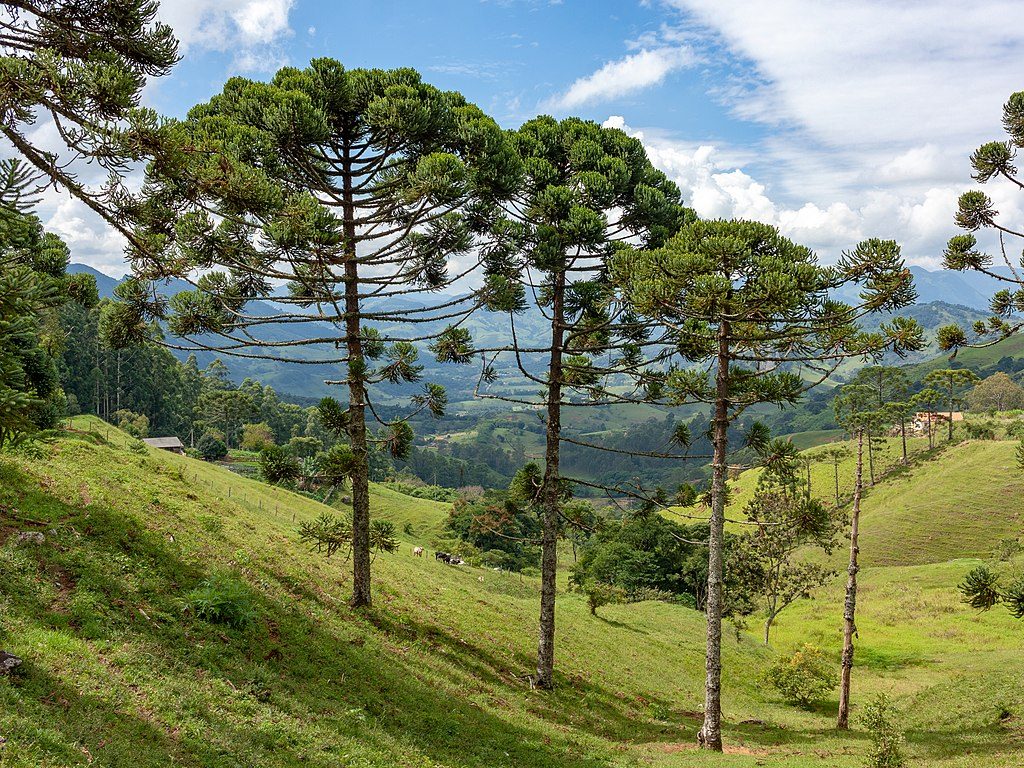Title: Plants Neither Possess nor Require Consciousness
Published: July 3, 2019
Journal: Trends in Plant Science | Cell
Authors: Lincoln Taiz (University of California, Santa Cruz, Santa Cruz, CA ) Daniel Alko, Andreas Draguhn, Angus Murphy, Michael Blatt, Chris Hawes, Gerhard Thiel, David G. Robinson
DOI: 10.1016/j.tplants.2019.05.008
Open Access: Yes 🙂
Take-home message
It is extremely unlikely that plants have consciousness
The evidence for mental features in plants is highly problematic
Consciousness emerges only at higher levels of biological organization and complexity
The Controversy
“Plant neurobiology” enthusiasts argue that plants possess consciousness, cognition, intentionality, emotions, and the ability to feel pain.
The field of “plant neurobiology” is recent. In a paper published in 2006, in Trends in Plant Science, Eric Brener and colleagues state its goal: “to illuminate the structure of the information network that exists within plants. Hence, much of the emphasis in plant neurobiology is directed towards discovering and understanding the action of unknown and known systemic signals”.
The Society for Plant Neurobiology, now named Society for Plant Signaling and Behavior, was created in 2005 to establish a venue for “all interested biologists to explore complex plant behavior utilizing all levels of experimental approach”.
Articles in the field of plant signalling range from less controversial, supported by both proponents and opponents of “plant neurobiology”, to far more questionable ones. Examples of the latest include articles defending that:
– plants possess the equivalent of neurons
– the growing root apex is a “brain-like command center”
– plants can experience habituation, associative learning, and classical conditioning
– plants possess feelings and intentionality and they can feel pain
What is Consciousness?
Most neuroscientists agree that “the link between the brain and consciousness is neither magical nor mystical and does not involve any new physical laws, although the mechanism of consciousness is probably unique to the brain.”
T. Feinberg and J. Mallat (2016) describe the principles that explain how primary consciousness evolved:
- Consciousness and the creation of feelings are grounded in living processes.
- Only multicellular animals with a nervous system and a basic core brain can be said to exhibit primary consciousness with any certainty.
- To create consciousness, the animal nervous system must also possess “unique special neurobiological features of complex nervous systems, especially of complex brains.’
- The evolution of consciousness involved ‘an explosion of senses (eyes, good hearing, keen smell), a multitude of new neural processing subsystems, more combining of information from the different senses, more levels of information processing at the top of the brain, more back-and-forth communications between brain levels, and more memory’.
Feinberg and Mallatt conclude that the only animals that satisfied their criteria for consciousness were the vertebrates (including fish), arthropods (e.g., insects, crabs), and cephalopods (e.g., octopuses, squids).
Concluding remarks
Is attributing consciousness to plants necessary as a psychological tactic to convince the general public of the urgent need to preserve the biosphere, whether or not it is true?
If the answer is yes, we are put in the intolerable position of having to choose between asserting a falsehood to promote ecological awareness, and maintaining objectivity as an uninformed populace pursues ecological catastrophe.
⇒ LINK TO THE FULL ARTICLE HERE



